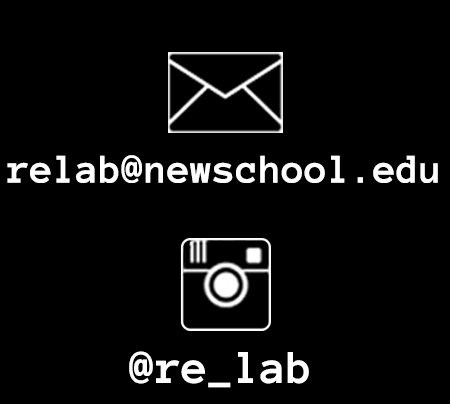Fall 2020 // Week 9 Discussion by Daniel Pemberton
The readings for this week posed questions about how it is that research is conducted, and knowledge is created, by examining the space in which these actions take place: the laboratory. The space of the laboratory contains a patriarchal and colonial lineage that continues to influence and inform the best practices and processes for research in these spaces.
These lineages survive and are reproduced in the lab spaces of respected, powerful, and highly productive research institutions across the Western world. The work which comes out of these institutions rapidly spreads throughout academic circles through journals, citations, and conferences. It is important we critique the knowledge-making practices of these institutions so we can understand the ways in which we as scholars are implicated in the reproduction of said patriarchal and colonial values. The processes through which knowledge is produced – who has access to funding, who is running the experiment, who performs to labor in the lab (and whose is counted), and what methodology is being used – already excludes and promotes only particular types of understandings and knowledges on the subject matter. The paramount example of a prestigious, heavily funded, and influential lab in the field of media studies is the MIT Media Lab, as discussed by Wanda Strauven. The lab’s funding and involvement with DARPA and other military projects, along with its (relatively) recently unveiled connections to Jeffery Epstein, raise questions about the ethics involved with academic funding and the bedfellows this structure creates. The outcome usually being that important developments in the world of STEM (and even humanities) work will go on to benefit oppressive state power at home and abroad. This is particularly evident in the work which has been coming out of the MIT Media Lab in regard to facial recognition software.
Yet this does not automatically mean that non-institutional spaces are de facto more progressive or free from the problematic histories which haunt established laboratories. As Maya Livio and Lori Emerson point out in the DIY spaces of the biohacking scene and “maker spaces.” While these labs are often proponents of open science, flexibility, creativity, and working beyond the walls of academia, there persists a lack of regulation, oversight, and a questionable commitment to safety. These labs also may fall victim to incubating the toxic workspace culture endemic to the world of tech and the hard sciences. These concerns aside, such spaces are in a constant state of precarity due to unequal funding practices, leaving the work of such spaces at constant threat of being lost and undervalued when only certain methods of performing science and producing art are viewed as legitimate.
During these readings, I was reminded of Gramsci’s concept of the organic intellectual, a thinker who emerges from, and aligns themselves with, a particular social class. With this concept, Gramsci took aim at the tendency among intellectuals in his own time (and still today) to think of themselves as separate from the social world outside of the academy. The work of the writers and academics which we read from this week seems to be making a similar corrective. What a productive and socially informed laboratory must attempt to do is produce groundbreaking work which can disrupt (a word loved by a tech industry which often perpetrates historical injustice through an unproblematized view of progress and through the privatization of publicly funded research), not only technology, but also the entrenched injustices cosigned by an academy more in love with broad platitudes towards inclusivity and progress than finding ways to rethink our current media, science, and technology situation. It must interact with and be part of society as a whole (which means wrangling with the messy social issues its own practices are intertwined within) as opposed to promoting the fiction of a neutral and impartial method of doing research.


